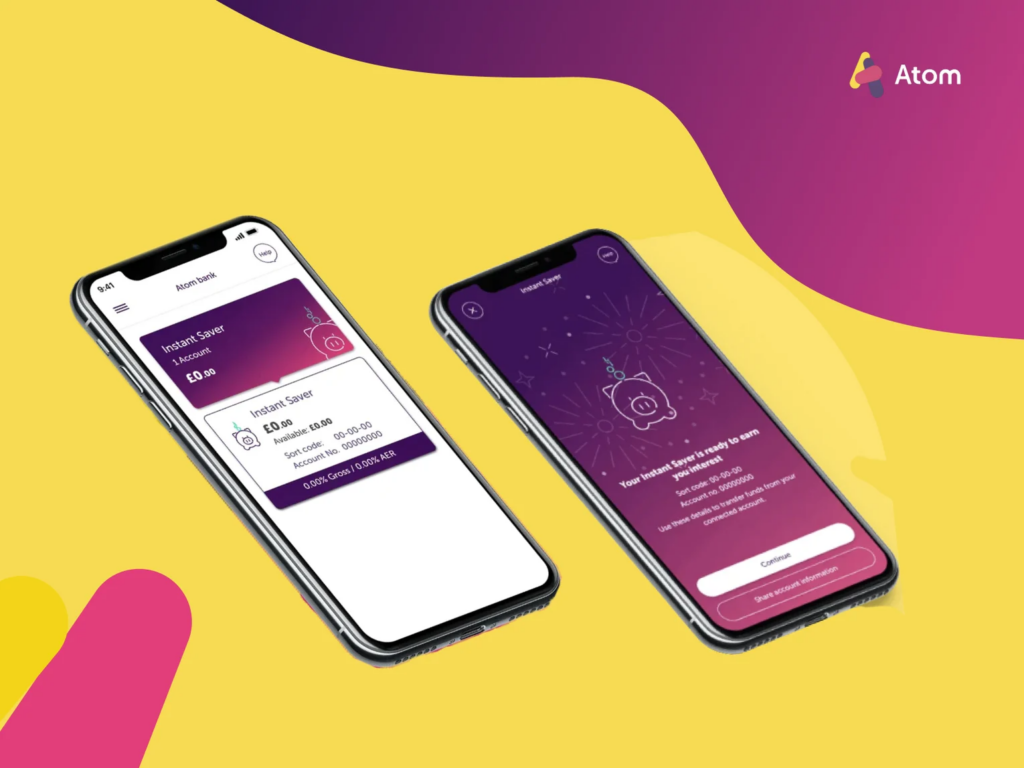Managing your finances used to be a cumbersome task. You had to juggle spreadsheets, bank slips, and that one calculator you always seem to misplace. But times have changed.
Today, the field of finance mobile app development has made money management not only simpler but also tailored to fit your personal style. These apps seem to transform how we view our wallets and bank accounts, providing tools and insights to help us make better financial decisions.
Let’s explore how mobile apps are revolutionizing personal finance management, highlighting various aspects, such as:
- budget tracking
- investment management
- financial education
Budget Tracking: Turning Chaos into Clarity
No more guessing where your cash went at the end of the month. Budget tracking apps take every cent into account, breaking down expenses into neat, understandable categories. Whether you’re spending big on avocado toast or pinching pennies on public transport, these apps provide clarity.
So, how do they make your life easier?
For starters, many of these apps link directly to your bank accounts. This means transactions automatically appear in your app, saving you the hassle of manual entries.
Additionally, users can set budgets for different categories, like food, entertainment, or shopping. Overspending triggers a delightful little notification, just in case you need a reality check.
While the concept may sound straightforward, the benefits are significant. With an overview of spending patterns, users can identify areas needing financial discipline. Plus, many apps offer customizable options using friendly, visual graphs and charts.

Personalized Insights: A Deeper Dive
After you set up your budget, many budget tracking apps offer tailored advice based on your finances. For instance, they might analyze your spending patterns to suggest ways to cut costs. Whether it’s finding a cheaper coffee joint or opting for more wallet-friendly groceries, these apps are teeming with guidance.
Moreover, some advanced budget tracking apps offer predictive insights. By analyzing past financial behavior, they can predict future expenses, like an upcoming bill or anticipated savings goal.
This kind of foresight helps users not only manage current finances but also prepare for future economic challenges. Who would’ve thought budgeting could be so intuitive?

Investment Management: The Stock Wizard in Your Pocket
Gone are the days of needing a broker to invest in the stock market or even understand it. Mobile apps have democratized investing, allowing anyone with a smartphone to partake in the world of stocks, bonds, and mutual funds. With just a couple of taps, you could be the proud owner of 0.0001 shares in your favorite electric car company.
Investment apps usually come packed with user-friendly interfaces that break down complex market jargon into everyday language. This simplicity empowers users to make informed decisions without needing a degree in economics.
Apps also offer features like financial news updates, market analysis, and even economic forecasts. All to equip users with the knowledge necessary to make sound investment decisions.
Robo-Advisors: Letting the Machines Work for You

Robo-advisors use algorithms to help manage investments. Their job is to provide automated, algorithm-driven financial planning services with little human intervention. This tech marvel uses your financial situation and goals to suggest investment strategies.
The best part? They’re cost-effective. Where traditional financial advising may come with hefty fees, robo-advisors typically operate at a fraction of the cost. They also continuously monitor market trends and adapt portfolios accordingly.
If you’re keen on investing but wary of complexities, this might just be the futuristic solution you’ve been looking for.
Financial Education: Learn Before You Leap
Financial literacy still rings as a crucial aspect often overlooked. Thankfully, there are finance apps focused purely on educating users. With games, quizzes, and bite-sized modules, learning about personal finance is far from the dull, dreaded lessons you might recall. Instead, it’s engaging and even enjoyable.
These apps aim to arm users with the knowledge they need to make wise financial decisions. Covering topics like savings, investments, and defining credit scores, they ensure users have a clear understanding of managing money.
Simulating Real Scenarios: Practice Makes Perfect
What if you could simulate real-life financial dilemmas without the risk? Some financial education apps offer this brilliant feature. By presenting fictive financial situations, users can test theories and strategies.
Should you save more or invest? These simulations provide a chance to explore financial decision-making consequences without real-world repercussions.
As users test these scenarios, the app offers feedback and informative summaries. This creates a robust learning curve and ensures users grasp financial fundamentals better. With practice, users build confidence and acumen, translating to surer steps in real-life financial planning.
In Conclusion
Mobile apps have revolutionized how we handle personal finance. From tracking budgets and managing investments to offering financial education, these tools meet various needs, making finance more accessible to everyone.
As they become essential in planning our financial lives, these apps bring convenience and control right to our fingertips. In this tech-driven era, managing money feels less like a chore and more like an enjoyable, empowered experience.

